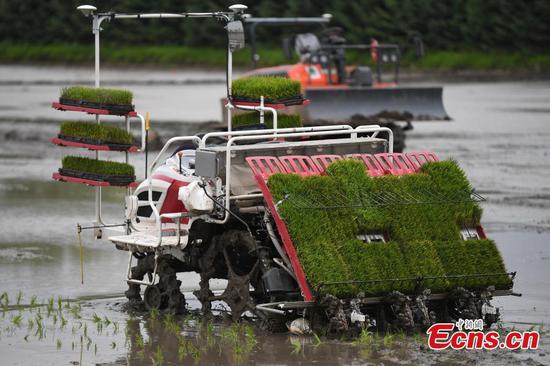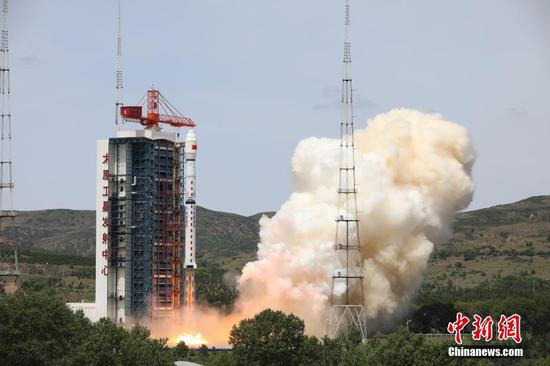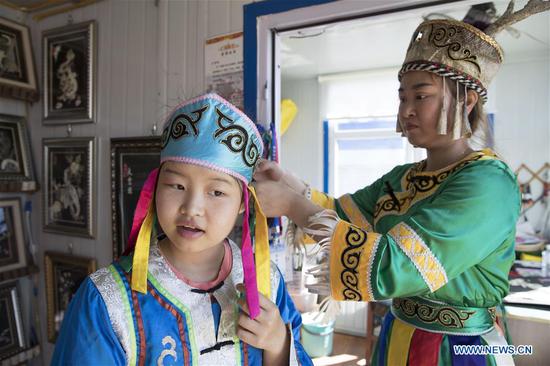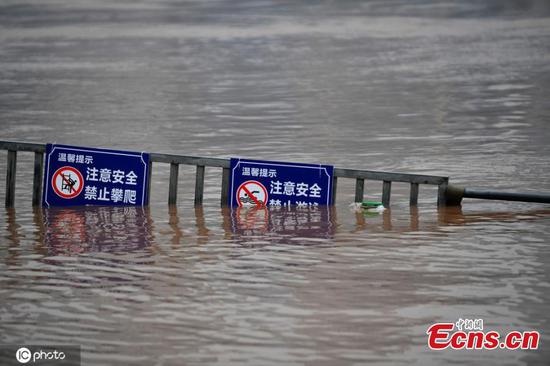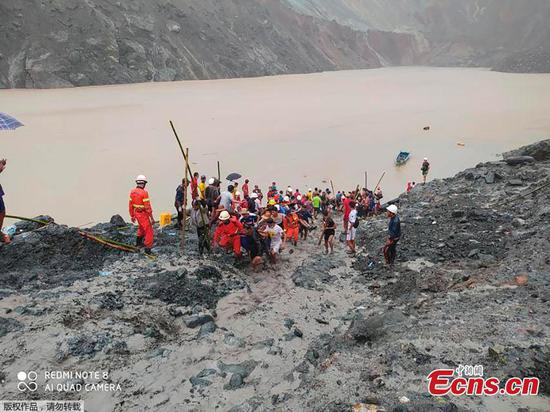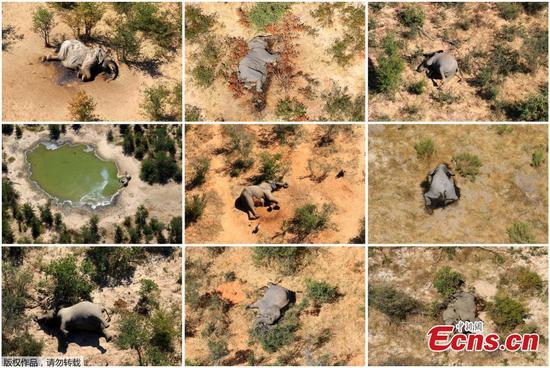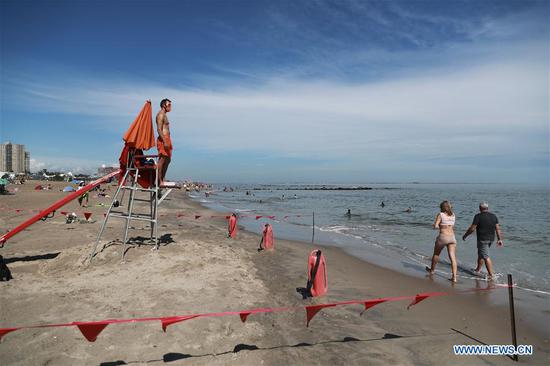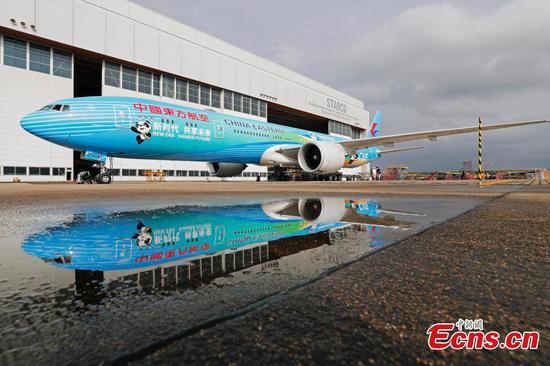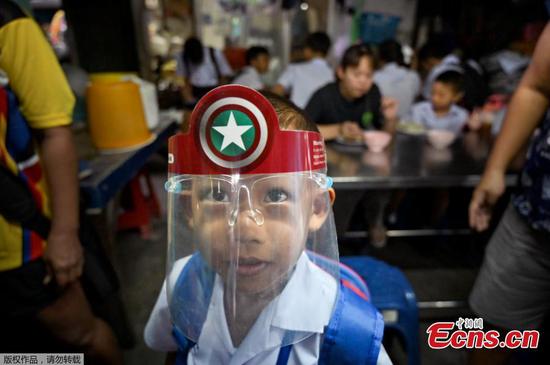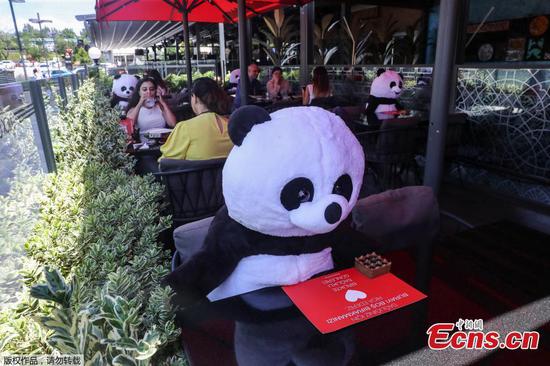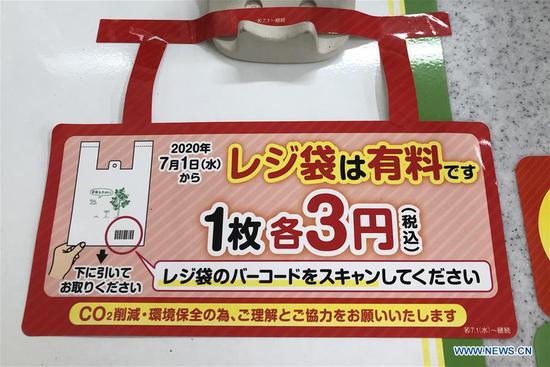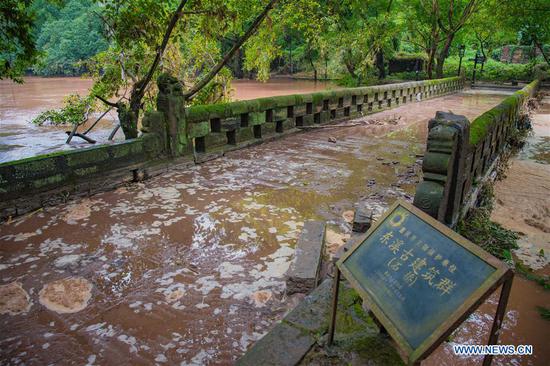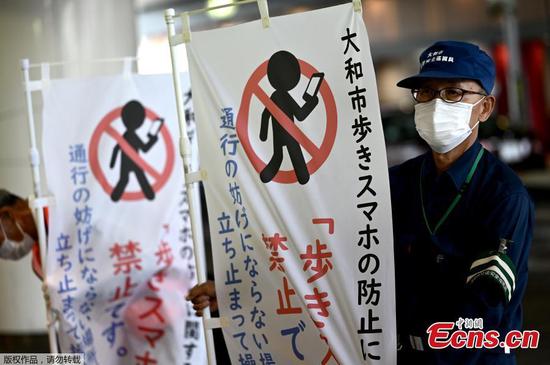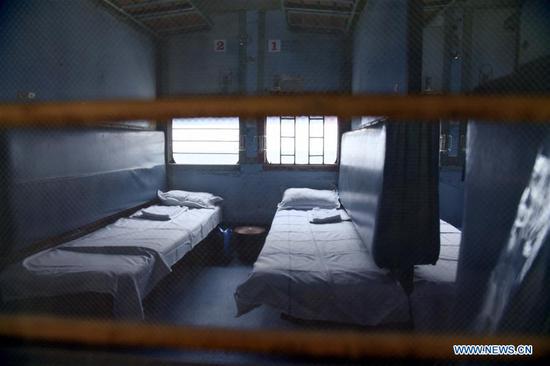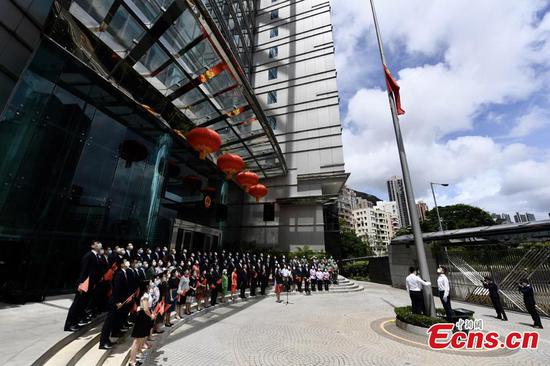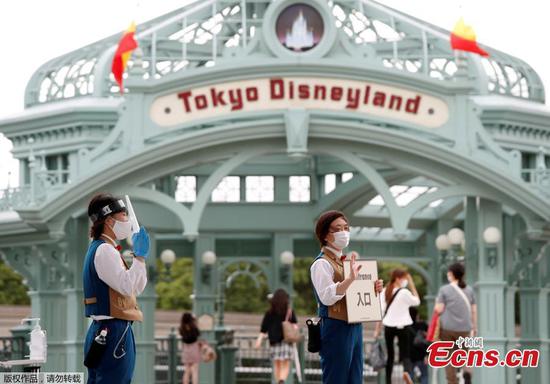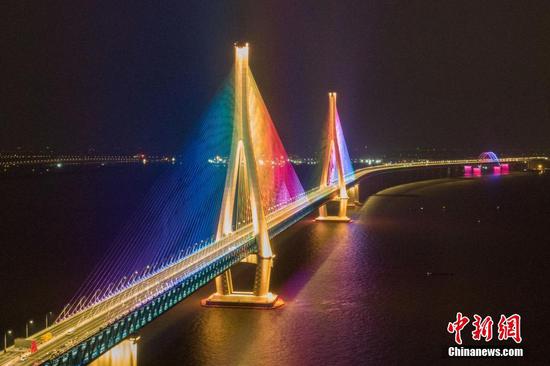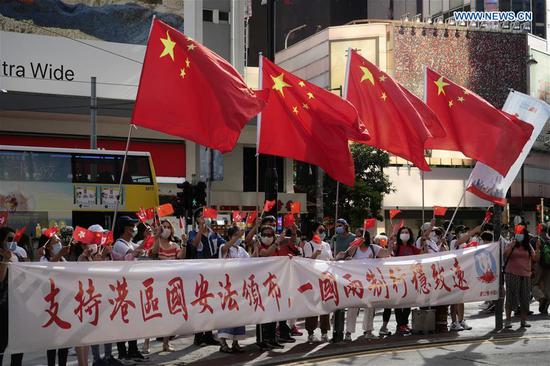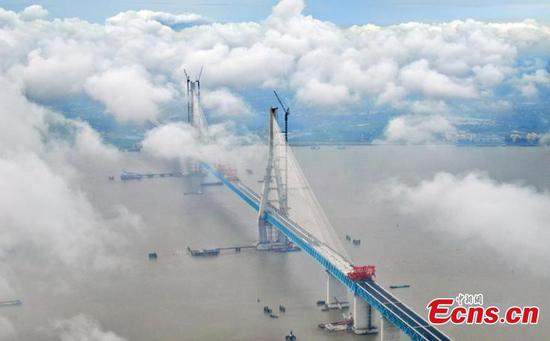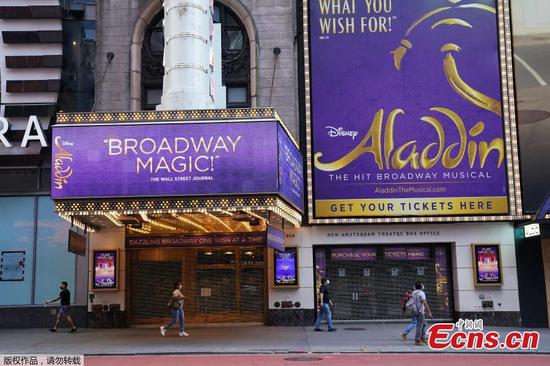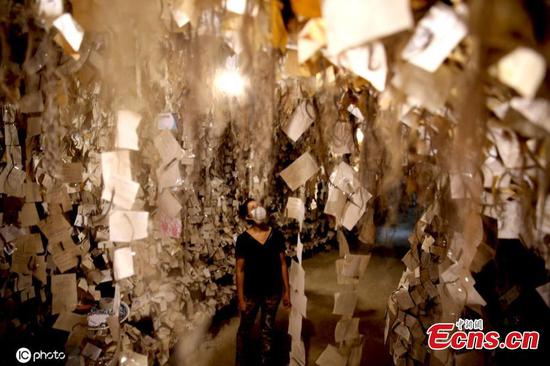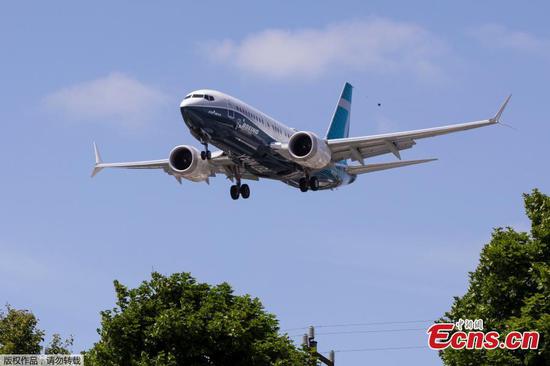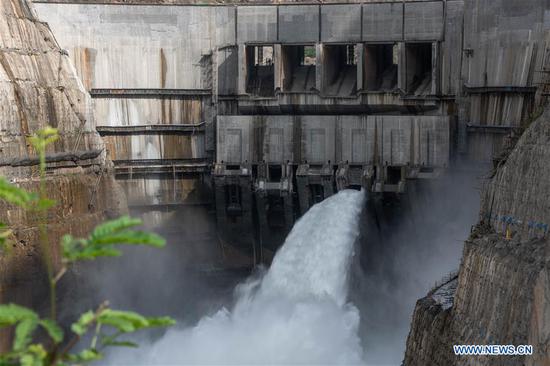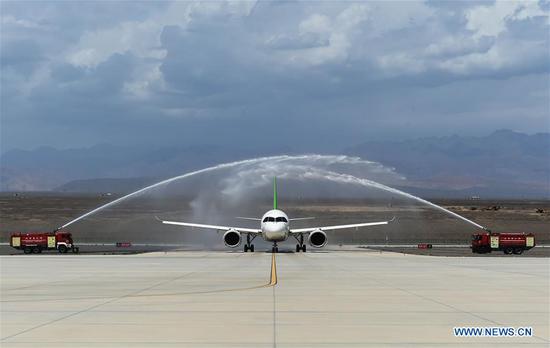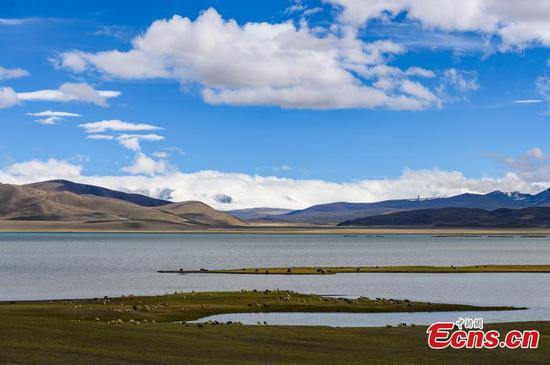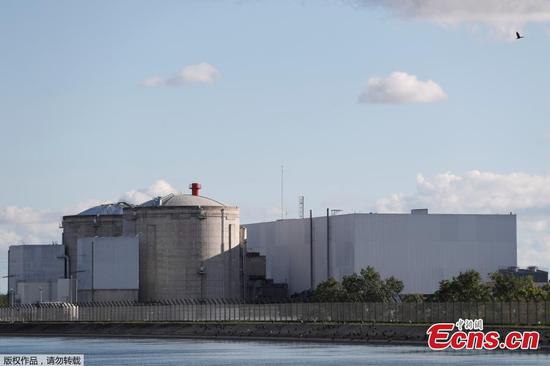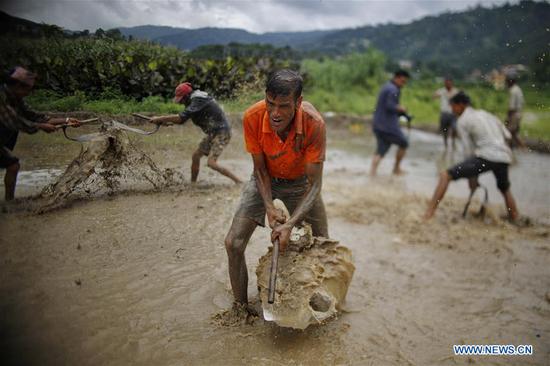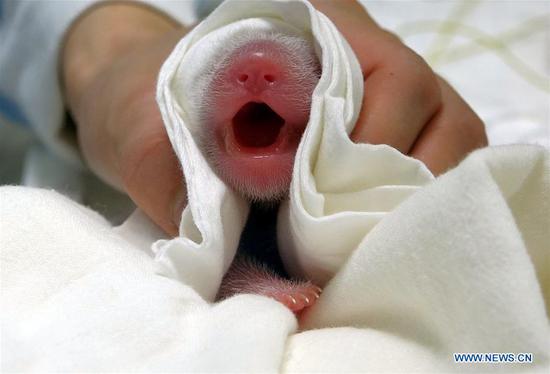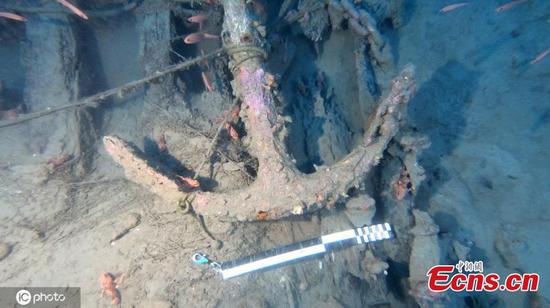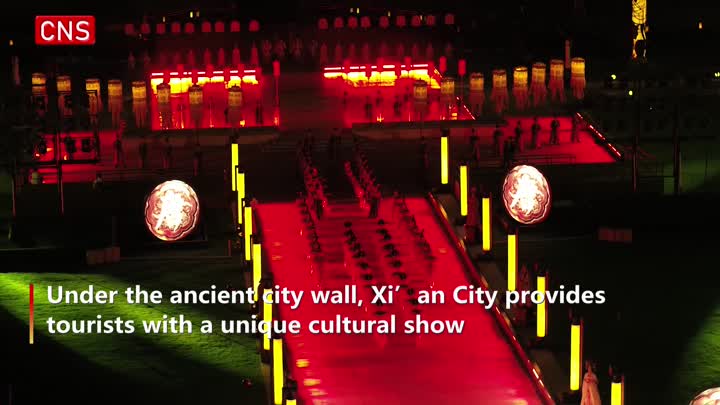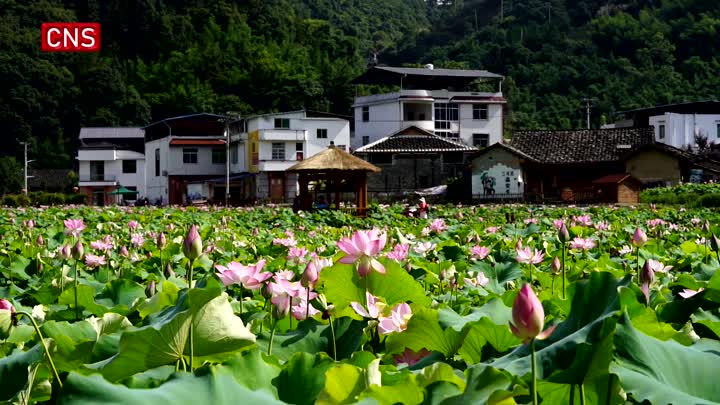21. False: China restricts the freedom of communication and movement of Uyghurs in Xinjiang in the name of counter-terrorism and deradicalization.
True:
◆Xinjiang has never restricted the freedom of movement of Uyghurs or people of any other ethnic group. In Xinjiang, anyone from any ethnic group, except those prohibited from leaving the country for suspected crimes, can exit and enter China freely. Several hundred thousand people from Xinjiang are now overseas.
◆Xinjiang has never restricted Uyghurs or people of other ethnic groups from contacting their overseas relatives. They can do so not only through international phone calls, but also through voice and video chats on instant messaging apps such as WeChat and QQ. They can also do business and trade with people in other countries through various communication means.
22. False: Xinjiang conducts large-scale surveillance on local ethnic minorities.
True:
◆It is an international common practice to harness modern technology and big data in improving social governance. For example, there were 4.2 million surveillance cameras installed in the UK as early as 2010, the highest number in the world then. Today the country has about six million cameras, one for every ten people. In the United States, facial recognition is conducted in the top 20 airports against passengers. The city surveillance system built by New York police has devices covering every neighborhood of the city watching people and vehicles on the street and tracking and screening information on people's mobile phones. What Xinjiang has done in this respect pales significantly in comparison with these two countries.
◆The cameras in urban and rural public places, main roads and transport hubs in Xinjiang are installed in accordance with the law for the purpose of improving social governance and forestalling and combating crimes. These measures make people feel safer and are widely supported by people of all ethnic groups. The measure does not target any specific ethnicity, not to mention that cameras by themselves identify or target no specific ethnicity. They are there to deter bad guys and protect good people.
23. False: Mass forced labor against ethnic minorities is taking place in Xinjiang.
True:
◆According to a US news website the Greyzone, the forced labor stories were in fact a PR blitz orchestrated by anti-China forces from the US and Australia.
◆The stories were cooked up by the Australian Strategic Policy Institute (ASPI) which has long been funded by the US government and American arms dealers. To serve the interests of its sponsors, the institute blatantly spread disinformation to vilify and demonize China, particularly on Xinjiang-related issues. Together with anti-China forces in the US, the ASPI made up baseless and biased stories to smear and attack Xinjiang's counter-terrorism and deradicalization efforts. The institute has no credibility whatsoever. Former Australian Ambassador to China Geoff Raby sees the ASPI as "the architect of the China threat theory in Australia". Former Qantas Airways CEO John Menadue said the institute "lacks integrity and brings shame to Australia".
◆Ethnic minority workers from Xinjiang are part and parcel of the country's labor force. They have the rights to be employed, sign labor contracts, obtain labor remunerations, take rest and vacations, acquire labor safety and health protection, and enjoy social insurance and welfare as prescribed by law. They have the freedom to choose their occupation. Their personal freedom has never been restricted.
◆There are only limited job opportunities in the four southern Xinjiang prefectures (Hotan, Aksu and Kashi prefectures, and Kizilsu Kirgiz autonomous prefecture) as industrialization and urbanization there are underdeveloped. The government of the Xinjiang Autonomous Region has taken measures based on the wishes of local people to help them find jobs in their hometowns, nearby cities or other areas of Xinjiang, or in the provinces and cities that have pair-up assistance programs with Xinjiang, thus ensuring peoples' right to work to the maximum extent. Since 2018, Xinjiang has helped 151,000 surplus rural workers from poor families in the southern prefectures to find employment elsewhere. With an average annual income of over 45,000 yuan, these workers have all been lifted out of poverty.
◆China has been improving its legal system and its State Council has established an inter-agency mechanism to crack down on crimes such as human trafficking and forced labor. Such efforts have proven effective. China earnestly fulfills its international obligations and has ratified 26 international conventions on human rights. China will continue to strengthen exchanges with all parties and fight forced labor and other crimes together.
24. False: Xinjiang has demolished a large number of mosques.
True:
◆Xinjiang has seen sound development of the religion of Islam. The number of mosques in Xinjiang has grown from some 2,000 at the beginning of reform and opening-up in the late 1970s to 24,400 today, more than 10 times that in the United States. In Xinjiang, there is a mosque for every 530 Muslims on average.
◆Xinjiang takes the preservation and maintenance of mosques very seriously. Some cramped and dilapidated mosques, those with poor layout designs and those inconvenient for religious activities have been rebuilt, relocated or expanded in light of the needs and wishes of local Muslim communities. Such adjustments have been welcomed by religious leaders and believers.
25. False: Graveyards of ethnic minorities are demolished in parts of Xinjiang.
True:
◆Under the regulations of the local authorities, the government does not promote cremation for ethnic minorities observing traditional ways of interment. On the contrary, it takes concrete measures to help preserve the tradition, by designating burial ground and building dedicated cemeteries. Besides, there is no restriction on other ethnic customs followed in weddings, funerals, and name-giving ceremonies.









